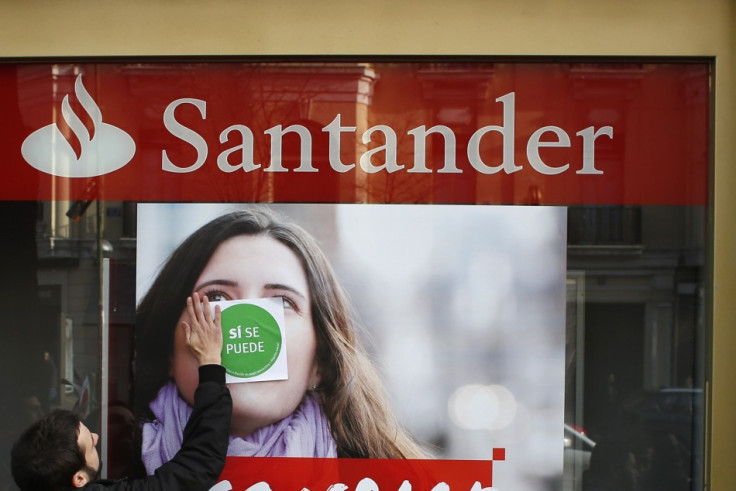European Banks Pay ECB Back Billions in Loans

The eurozone's embattled banks are finally healing, according to lending figures from the European Central Bank.
Banks paid back €7.7bn (£6.5bn, $10.4bn) of loans over the past week, made to them under the ECB's longer-term refinancing operation (LRTO), before maturity.
Meanwhile reliance on the deposit facility was €52.6bn compared to €55.3bn the previous week, signalling that banks have become less reliant on liquidity from the ECB.
Furthermore, the Eurosystem's net lending to credit institutions decreased by €6.3bn to €512.4bn.
On Wednesday 9 October a main refinancing operation of €94.5bn matured and newer one with a slightly smaller amount of €93.4bn with a maturity of one week was settled.
Optimistic Narrative
These figures suggest the eurozone's economic prospects have improved since the disastrous summer of 2012.
A number of recent announcements by key ECB officials and institutions including the International Monetary Fund have suggested that the financial conditions in the eurozone have improved.
In October, Spain's paymasters said they thought that the country's banks were on track in repairing their balance sheets and were "regaining access to funding markets".
Similarly, ECB executive board member Yves Mersch argued that banks in southern Europe were not a threat to the health of the eurozone.
Even Greece's deputy prime minister Evangelos Venizelos has declared that the beleaguered country does not need a third bailout, despite record unemployment levels and a painfully long recession.
The bullish feeling might have caused ECB President Mario Draghi to attack the eurozone's US critics at the Harvard Kennedy School.
"In the dark days of the crisis, many commentators on this side of the Atlantic looked at the euro area and were convinced that it would fail. They were wrong," he said.
No Complacency
However, other major figures who oversee financial stability have warned that central banks and governments in the eurozone and beyond must press forward with reforms.
In his last appearance before the Treasury Select Committee, the outgoing deputy governor of the Bank of England, Paul Tucker said policymakers must not become complacent.
He said that authorities had to carry on reforming the world's financial system by looking at problematic areas.
These included the shadow banking sector and possible resolution mechanisms to wind down risky banks.
© Copyright IBTimes 2025. All rights reserved.






















